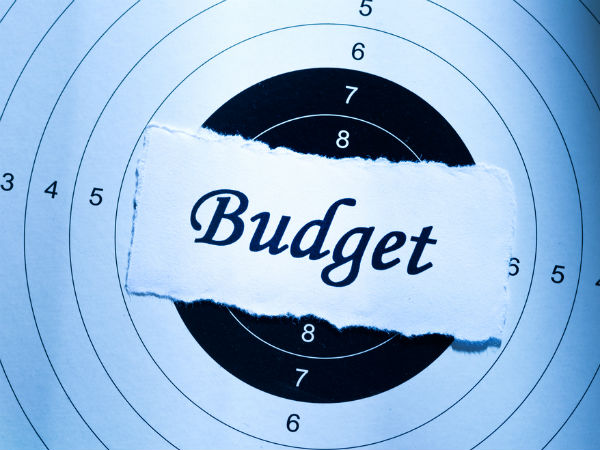What is the difference between balanced budget, surplus budget and deficit budget?
Just as we draw a budget for our households, government every year comes up with the budget every year now on February 1. Earlier the budget was announced on the last working day of February. Budget is nothing but an initial drawn-out plan for the different expenses head and estimation of the likely income source.

Now we as we understand what is budget, there can be different budget types depending on whether the revenues are on the higher side or expenses or both are equal.
So, as per the above mentioned criteria, 3 types of budget can be seen:
1. Balanced Budget:
As per Wikipedia when the expectation of revenue for the fiscal year is similar or just in line with the estimated expenses. And in a situation, when there is a shift to deficit budget from balanced budget, there results decrease in interest rate, increase in investment, trade deficit contraction as well as helps the economy grow faster in the longer run.
Primarily, this budget kind is based on the principle of living within means. Nonetheless, it shall not prove be a rightful approach in times of crisis as shall be in the current scenario when economy has toppled amid the Covid 19 break-out and saw its worst downturn in Q1FY21 of over 20%.
Advantage of Balanced budget
And some of the advantages of balanced budget are maintains fiscal discipline and economic stability if the implementation is successful. Also, the approach disallows the government to consider engagement in some of the unnecessary expenditures.
Disadvantages of balanced budget
The approach is not fruitful in case of deflation, economic downturn and to solve unemployment crisis that is also one menace that the country is currently reeling as an aftermath of the pandemic.
Also, in some of the under-developed and developed economies, the adoption of balanced budget shall not come in handy to propel growth
Further this might also restrain government's from spending for public welfare.
2. Surplus Budget:
If for a financial year, the government's revenue quantum is anticipated to be higher than expenses it is what is called a Surplus Budget. And this is when the tax implications result in higher revenue for the government in comparison to what it spends on public welfare.Such a budget can be taken on to in times of inflation to lessen the total demand.
3. Deficit Budget:
This is the budget kind when the government gets into spend more than its possible earnings to spur growth and in the current Covid-induced economic fall-out, Nirmala Sitharaman's 3rd Budget shall likely be the same. Also, the budget of such a kind helps in fuelling economic growth. The government covers the extra expenditure via public borrowings (by issuing government bonds) or by withdrawing from its accumulated reserve surplus.
Also, deficit budget can also help improve employment rate. Nonetheless, the prime drawback of deficit budget is increases government's concerns as it results in additional borrowings. So, it anyhow is or can be a wise decision to go by as in the current economic crisis.
So, while deficit budget is used to spur economic growth and is suitable for developing economies, implementation of balanced budget is almost impractical. And for the surplus budget can be implemented in case of inflationary event to lessen demand.
GoodReturns.in
































